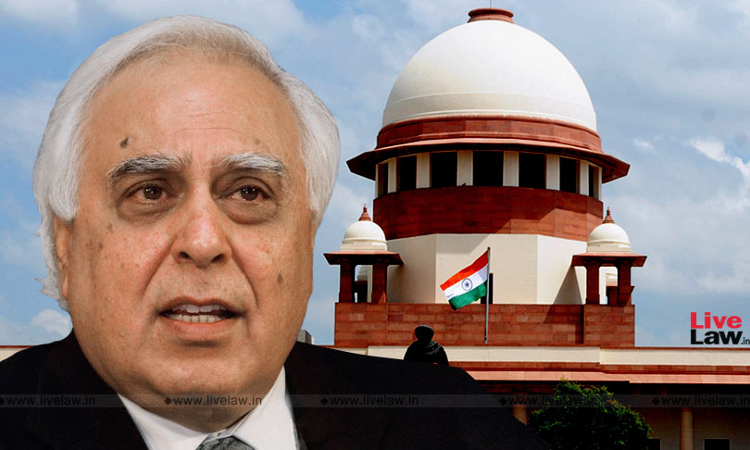The Supreme Court on Tuesday resumed hearing on a string of petitions challenging the constitutional validity of several provisions of the PMLA Act.Senior Advocate Kapil Sibal, for the petitioners, made his rejoinder submissions."The heart of criminal jurisprudence is the fundamental constitutional premise that you cannot start an investigation without information that you record and without...

